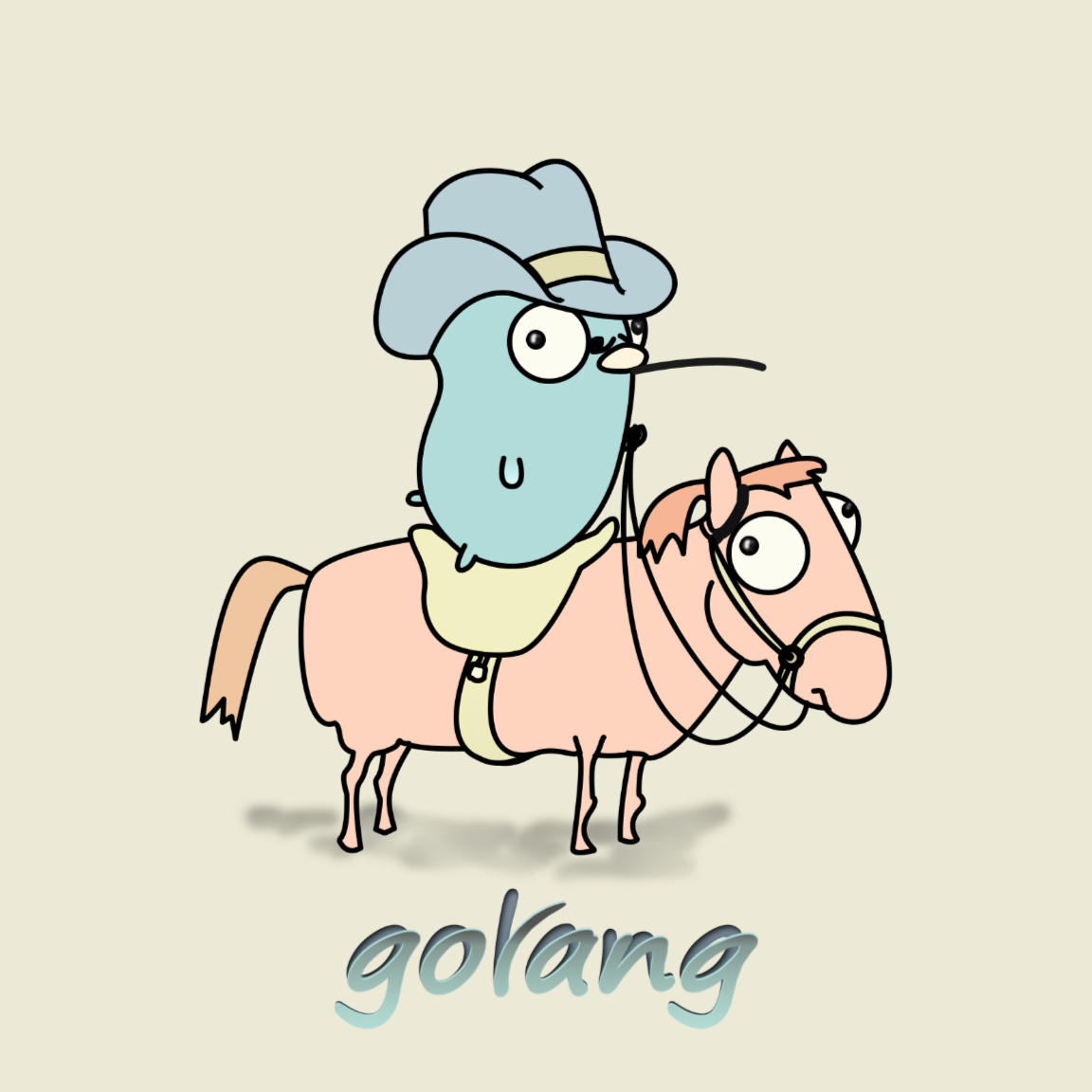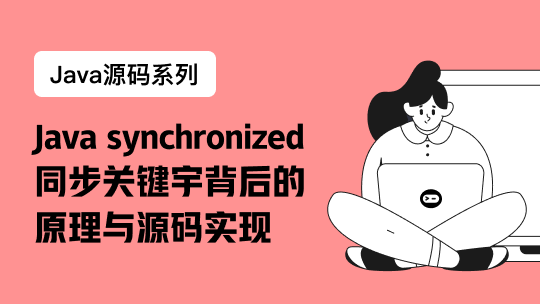背景
由于在日常开发中,会经常使用到JDK8中的Stream语法糖,然而在使用过程中,发现存在很多冗余的方法,便想着封装个工具类,简化开发过程中的使用。
工具类 ListUtil
import org.apache.commons.collections.CollectionUtils;
import org.apache.commons.lang3.StringUtils;
import java.util.ArrayList;
import java.util.Collections;
import java.util.HashMap;
import java.util.List;
import java.util.Map;
import java.util.Optional;
import java.util.function.BinaryOperator;
import java.util.function.Function;
import java.util.function.Predicate;
import java.util.stream.Collectors;
/**
* JDK8-Stream 工具类封装
* Created by fengxuguang on 2024/3/20 14:29
*/
public class ListUtil {
/**
* 过滤出有效 属性, 并去重
* @param list 集合
* @param mapper 处理属性
* @return List<String> 返回结果
* @param <T> 形参集合内实体类型
*/
public static <T>List<String> filterValidValue(List<T> list, Function<? super T, String> mapper) {
if (CollectionUtils.isEmpty(list)) {
return Collections.emptyList();
}
return list.stream()
.map(mapper)
.filter(StringUtils::isNotBlank)
.distinct()
.collect(Collectors.toList());
}
/**
* 过滤多字段有效值, 并去重
* @param list 集合
* @param mappers 属性, 支持多属性
* @return List<String> 返回结果
* @param <T> 形参集合内实体类型
*/
public static <T> List<String> filterValidValueForFields(List<T> list, Function<? super T, String> ...mappers) {
if (CollectionUtils.isEmpty(list)) {
return Collections.emptyList();
}
List<String> result = new ArrayList<>();
for (Function<? super T, String> mapper : mappers) {
result.addAll(list.stream()
.map(mapper)
.filter(StringUtils::isNotBlank)
.distinct()
.collect(Collectors.toList()));
}
return result.stream()
.distinct()
.collect(Collectors.toList());
}
/**
* 将 List 转为 Map, 如果有相同元素, 去第一个
* @param list list集合
* @param keyMapper 作为属性列
* @return Map<String, T> map 集合
* @param <T> 形参集合内实体类型
*/
public static <T> Map<String, T> toMap(List<T> list, Function<? super T, String> keyMapper) {
BinaryOperator<T> miss = (k1, k2) -> k1;
return list.stream()
.collect(Collectors.toMap(keyMapper, Function.identity(), miss));
}
/**
* 过滤数据
* @param list list 集合
* @param predicate 断言
* @return List<T> 集合
* @param <T> 形参集合内实体类型
*/
public static <T> List<T> filter(List<T> list, Predicate<? super T> predicate) {
if (CollectionUtils.isEmpty(list)) {
return Collections.emptyList();
}
return list.stream()
.filter(predicate)
.collect(Collectors.toList());
}
/**
* 获取 List 集合内实体中某属性的值
* @param list List集合
* @param mapper 属性
* @return List<T> 集合
* @param <R> 返回集合内实体的类型
* @param <T> 形参集合内实体类型
*/
public static <R, T> List<R> map(List<T> list, Function<? super T, R> mapper) {
if (CollectionUtils.isEmpty(list)) {
return Collections.emptyList();
}
return list.stream()
.map(mapper)
.collect(Collectors.toList());
}
/**
* 将 List 集合按照集合内实体某属性进行分组
* @param list List集合
* @param mapper 属性
* @return Map<R, List<T> map 集合
* @param <R> 分组属性类型
* @param <T> 形参集合内实体类型
*/
public static <R, T> Map<R, List<T>> groupBy(List<T> list, Function<? super T, R> mapper) {
if (CollectionUtils.isEmpty(list)) {
return Collections.emptyMap();
}
return list.stream()
.collect(Collectors.groupingBy(mapper));
}
/**
* 将 List 集合按照实体属性 keyMapper 作为 key, valueMapper 作为 value 封装成 map 集合
* @param list List集合
* @param keyMapper 实体属性, 作为 map 集合的 key
* @param valueMapper 实体属性, 作为 map 集合的 value
* @return Map<K, List<R>> map 集合
* @param <K> 返回 map 集合的 key 类型
* @param <T> 形参 List 集合类型
* @param <R> 返回 map 集合的 value 类型
*/
public static <K, T, R> Map<K, List<R>> groupBy(List<T> list,
Function<? super T, K> keyMapper,
Function<? super T, R> valueMapper) {
if (CollectionUtils.isEmpty(list)) {
return Collections.emptyMap();
}
Map<K, List<R>> result = new HashMap<>();
groupBy(list, keyMapper).forEach((k, v) -> result.put(k, map(v, valueMapper)));
return result;
}
/**
* 获取 List 集合过滤之后的一个数据
* @param list List 集合
* @param predicate 断言, 过滤条件
* @return Optional<T>
* @param <T> 形参集合内实体类型
*/
public static <T> Optional<T> findOne(List<T> list, Predicate<? super T> predicate) {
return list.stream()
.filter(predicate)
.findFirst();
}
/**
* 获取 List 集合过滤后的数量
* @param list List 集合
* @param predicate 断言, 过滤条件
* @return long 数量
* @param <T> 形参集合内实体类型
*/
public static <T> long count(List<T> list, Predicate<? super T> predicate) {
if (CollectionUtils.isEmpty(list)) {
return 0L;
}
return list.stream()
.filter(predicate)
.count();
}
}









